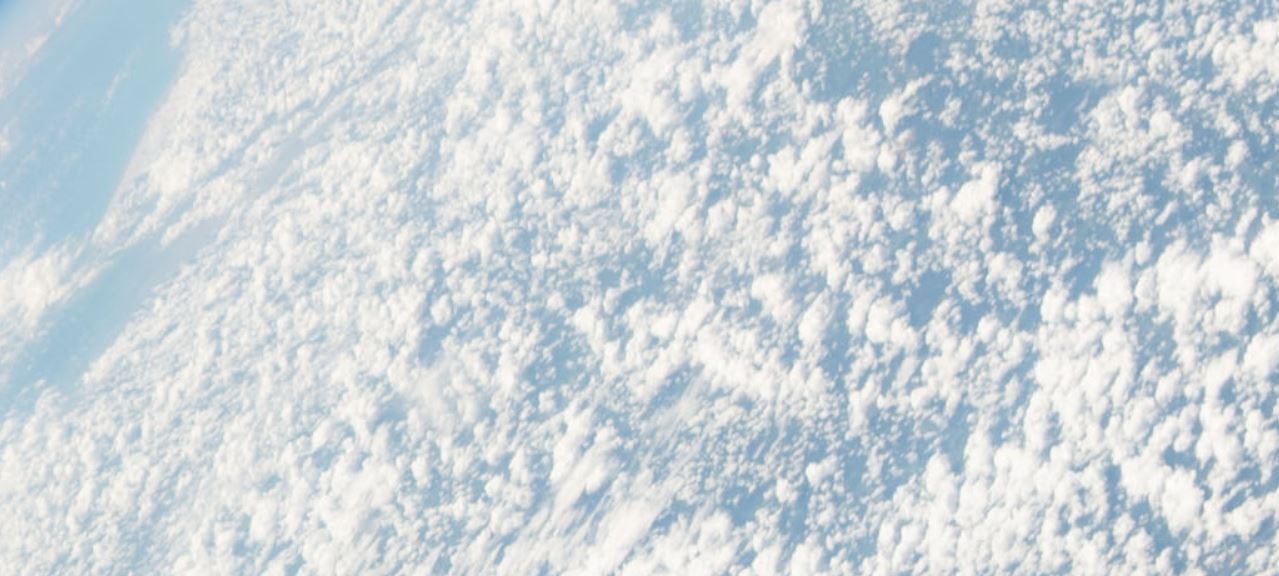
A new study has discovered that the current state of global warming could have been a lot worse if the world’s nations hadn’t successfully agreed to take measures to save the planet’s ozone layer, and phased out the production and use of numerous ozone-destroying chemical compounds. And the temperature difference discovered by the study is substantial, suggesting that the landmark Montreal Protocol—the 1987 international agreement to curb our use of chlorofluorocarbons (CFCs)—may have helped us to presently avoid being a full 2°C (3.6°F) above the pre-industrial average, and 5 to 6°C (9 to 10.8°F) in the Arctic.
Researchers with Australia’s University of New South Wales inadvertently stumbled upon this realization while they were attempting to quantify how CFC reduction under the Montreal Protocol has affected atmospheric circulation around Antarctica. Their investigation involved the use of computer models that simulated the Earth’s climate under two scenarios: one with the current state of CFC reduction, and the other simulating the climate as if CFC use hadn’t been phased out. The later model employed a conservative estimate of increased CFC use of only 3 percent per year—far lower than growth rates that were recorded in the 1980s—meaning the simulation has likely underestimated the actual impact of CFC reduction efforts.
The models produced a surprising result: between 1987 and the present day, reducing CFC emissions had mitigated the average global temperature by a full 1°C (1.8°F), and prevented the Arctic from suffering an additional 3°C to 4°C (5.4°F to 7.2°F) in temperature rise, meaning that current temperatures—already a full 1°C (1.8°F) above the pre-industrial average—would be doubled, and 2.5 to 3 times worse than the 2°C (3.6°F) already being seen across the Arctic.
This would constitute a climate disaster according to the UN’s Intergovernmental Panel on Climate Change (IPCC), having set a goal of mitigating global warming to no more than 1.5°C above the pre-industrial average. Additionally, the results of the study showed that sea ice extent in the Arctic is 25 percent greater today than it would have been without CFC reductions.
“Without any fanfare the Montreal Protocol has been mitigating global warming impacts for more than three decades, surpassing some treaties that were specifically aimed to ameliorate climate change impacts,” according to study co-author Dr. Martin Jucker, a Lecturer in Climate Dynamics with UNSW’s Climate Change Research Centre.
In addition to destroying ultraviolet-blocking ozone in the upper atmosphere, chlorofluorocarbons are also a powerful greenhouse gas, capable of retaining 6,500 times more heat than carbon dioxide over a 20-year span, a factor that hadn’t been considered by the delegates that drafted the Montreal Protocol in 1987. The Protocol also appears to have been far more effective in curbing global warming than other agreements that were specifically intended for that purpose, such as 1997’s Kyoto Protocol, an agreement that would only have reduced global warming by 0.12°C (0.22°F) by 2050.
“By mass CFCs are thousands of times more potent a greenhouse gas compared to CO2, so the Montreal Protocol not only saved the ozone layer but it also mitigated a substantial fraction of global warming,” explained study lead Rishav Goyal, a PhD student with UNSW’s Climate Change Research Centre.
This finding also suggests that real results could be achieved if earnest efforts were to be put into reducing current greenhouse gas emissions. According to study co-author and Oceanography and Climate Dynamics professor Matthew England, “The success of the Montreal Protocol demonstrates superbly that international treaties to limit greenhouse gas emissions really do work; they can impact our climate in very favourable ways, and they can help us avoid dangerous levels of climate change.
“Montreal sorted out CFCs, the next big target has to be zeroing out our emissions of carbon dioxide.”
Subscribers, to watch the subscriber version of the video, first log in then click on Dreamland Subscriber-Only Video Podcast link.